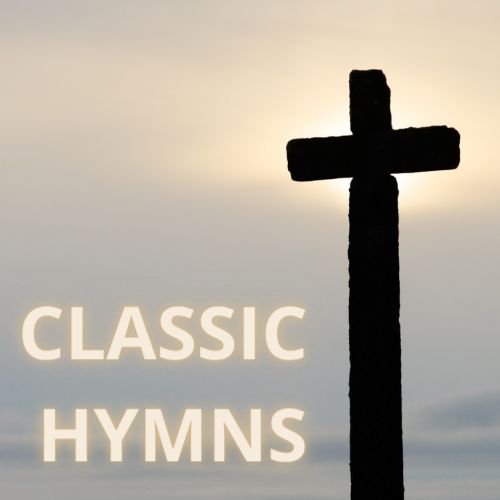“In the Bleak Midwinter” was written by Christina Georgina Rossetti (5 December 1830 – 29 December 1894) in about 1872.
Christina was an English writer of romantic, devotional and children’s poems, including “Goblin Market” and “Remember”. In addition to “In the Bleak Midwinter“,she wrote the Christmas carol “Love Came Down at Christmas“. She was a sister of the artist and poet Dante Gabriel Rossetti and features in several of his paintings.
The tune recorded here is ‘Cranham’ by the English composer Gustav Holst.
I.
In the bleak mid-winter
Frosty wind made moan;
Earth stood hard as iron,
Water like a stone;
Snow had fallen, snow on snow,
Snow on snow,
In the bleak mid-winter
Long ago.
II.
Our God, heaven cannot hold Him
Nor earth sustain,
Heaven and earth shall flee away
When He comes to reign:
In the bleak mid-winter
A stable-place sufficed
The Lord God Almighty —
Jesus Christ.
III.
Enough for Him, whom Cherubim
Worship night and day,
A breastful of milk
And a mangerful of hay;
Enough for Him, whom Angels
Fall down before,
The ox and ass and camel
Which adore.
IV.
Angels and Archangels
May have gathered there,
Cherubim and Seraphim
Thronged the air;
But only His Mother
In her maiden bliss
Worshipped the Beloved
With a kiss
V.
What can I give Him,
Poor as I am?
If I were a Shepherd
I would bring a lamb;
If I were a Wise Man
I would do my part, —
Yet what I can I give Him, —
Give my heart.
In verse one, Rossetti describes the physical circumstances of the Incarnation in Bethlehem. In verse two, Rossetti contrasts Christ‘s first and second coming. The third verse dwells on Christ’s birth and describes the simple surroundings, in a humble stable and watched by beasts of burden. Rossetti achieves another contrast in the fourth verse, this time between the incorporeal angels attendant at Christ’s birth with Mary‘s ability to render Jesus physical affection. The final verse shifts the description to a more introspective thought process.
Holst’s setting, Cranham, is a hymn tune setting suitable for congregational singing, since the poem is irregular in metre and any setting of it requires a skilful and adaptable tune. The hymn is titled after Cranham, Gloucestershire and was written for the English Hymnal of 1906.
Notes from Wikipedia
It is performed below by The Choirboys. Video background by Thomas Breher from Pixabay, unfortunately omitting verse IV.
Highly recommend “Christina Rossetti The Complete Poems”: 1,221 page Penguin Classics paperback put together by Rebecca W Crump and Betty Sue Flowers, available at major book outlets.



